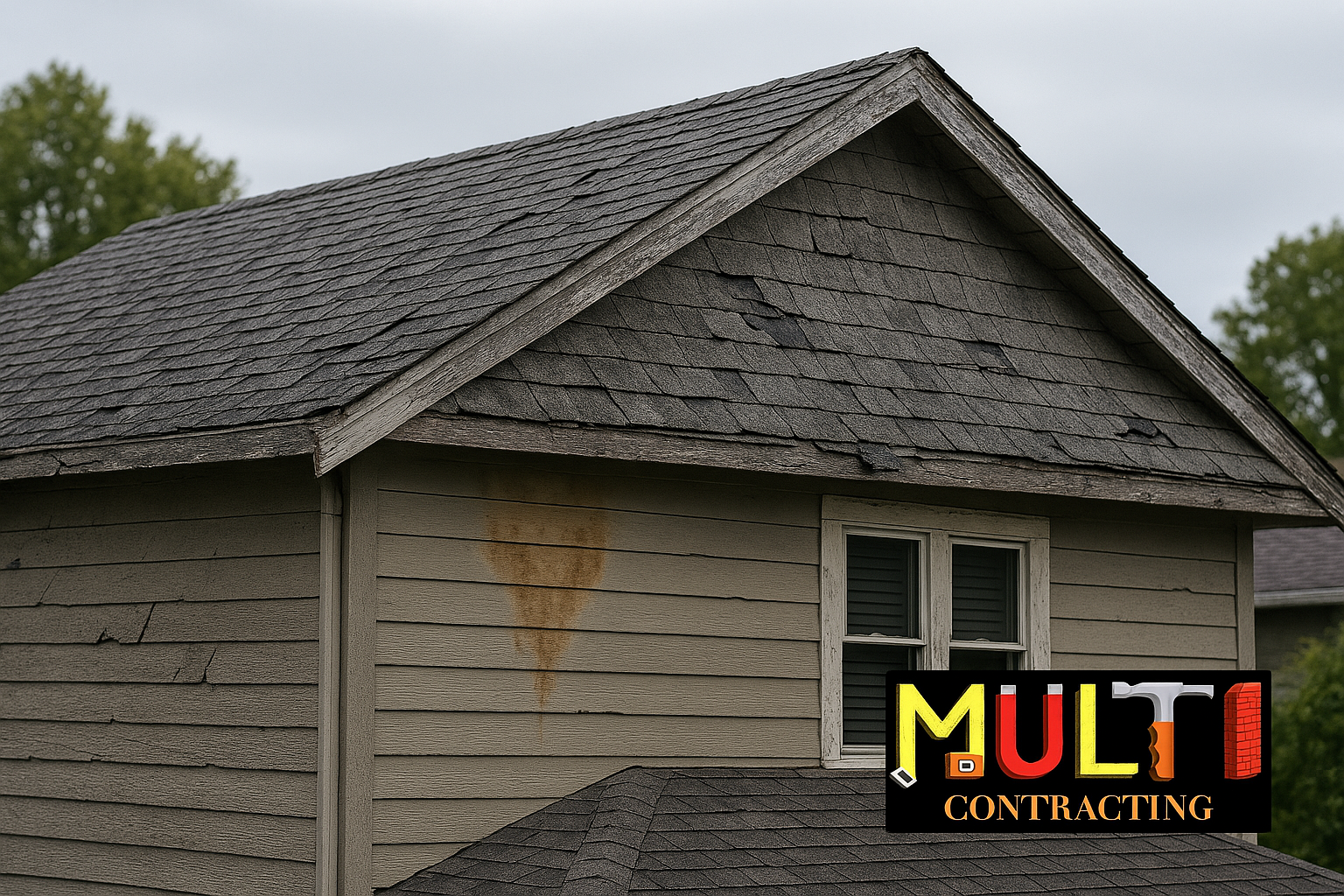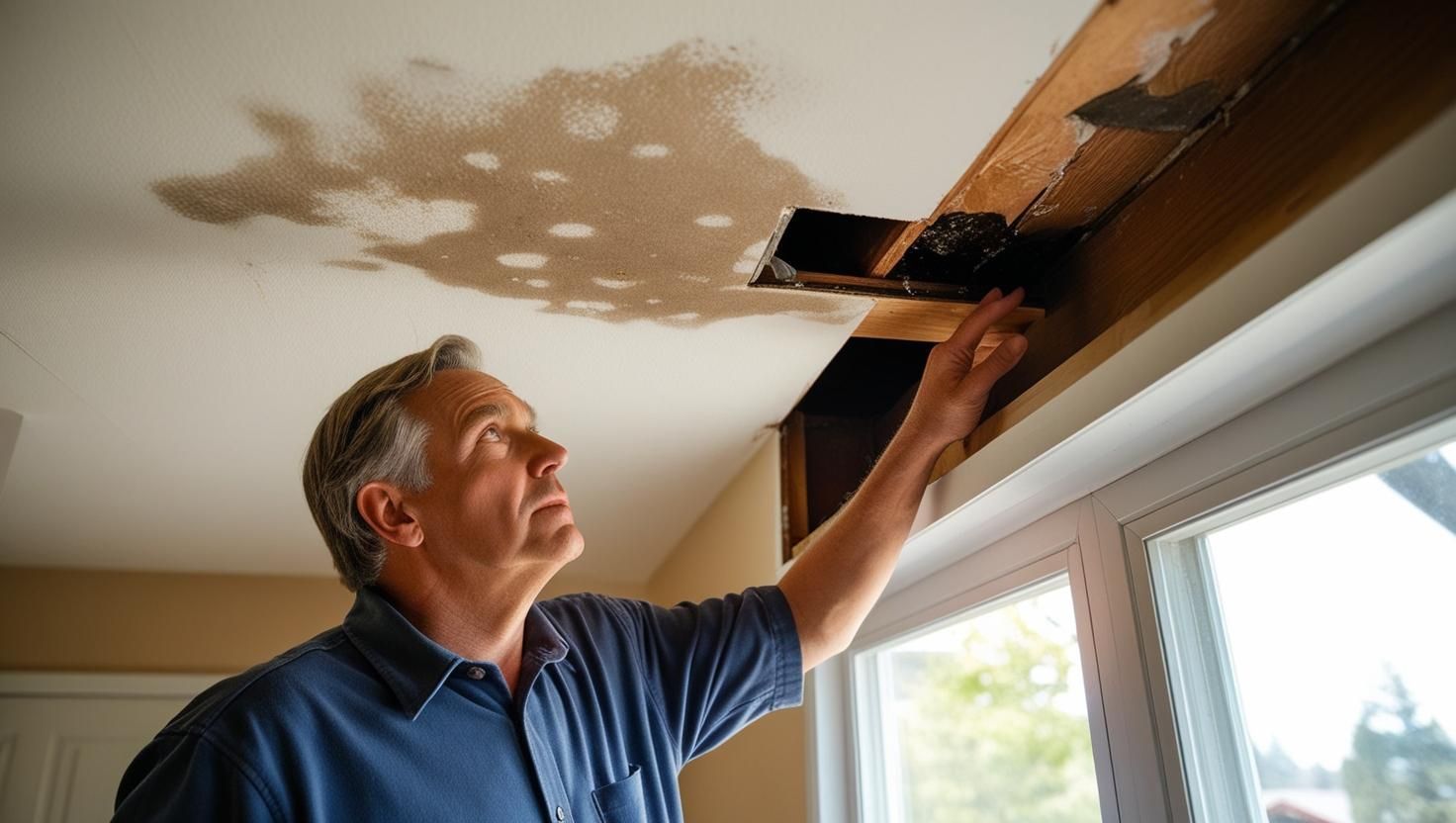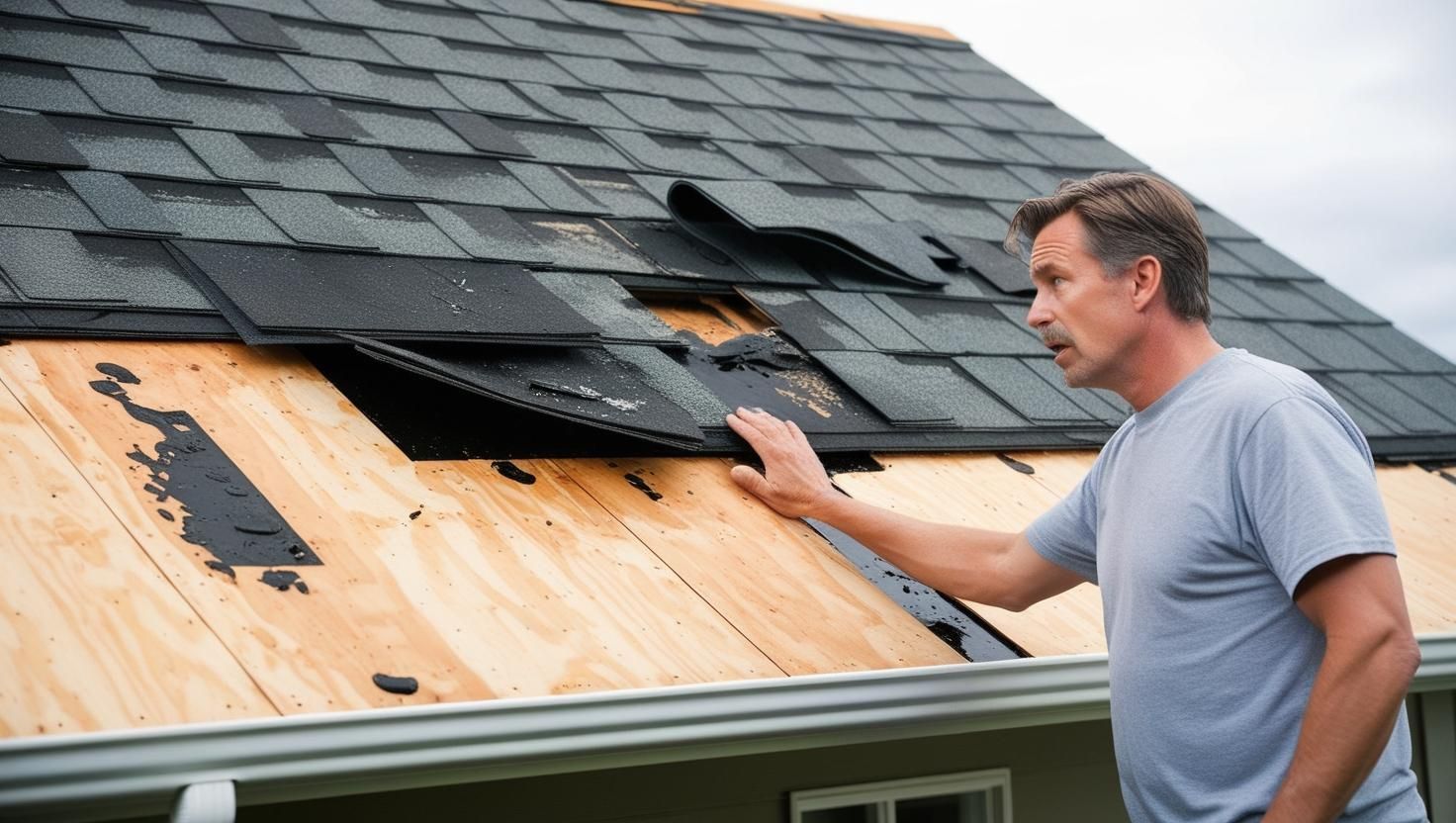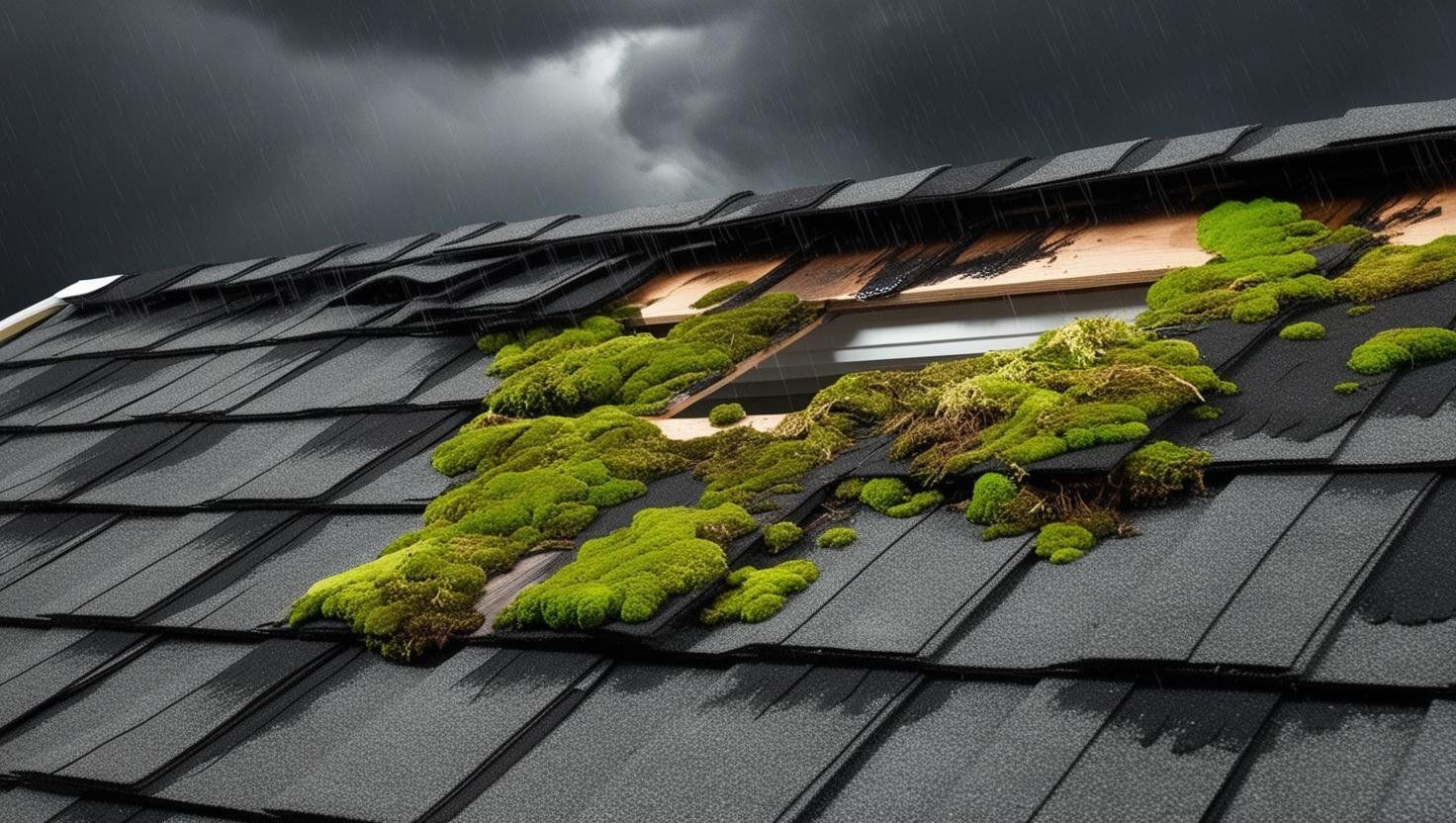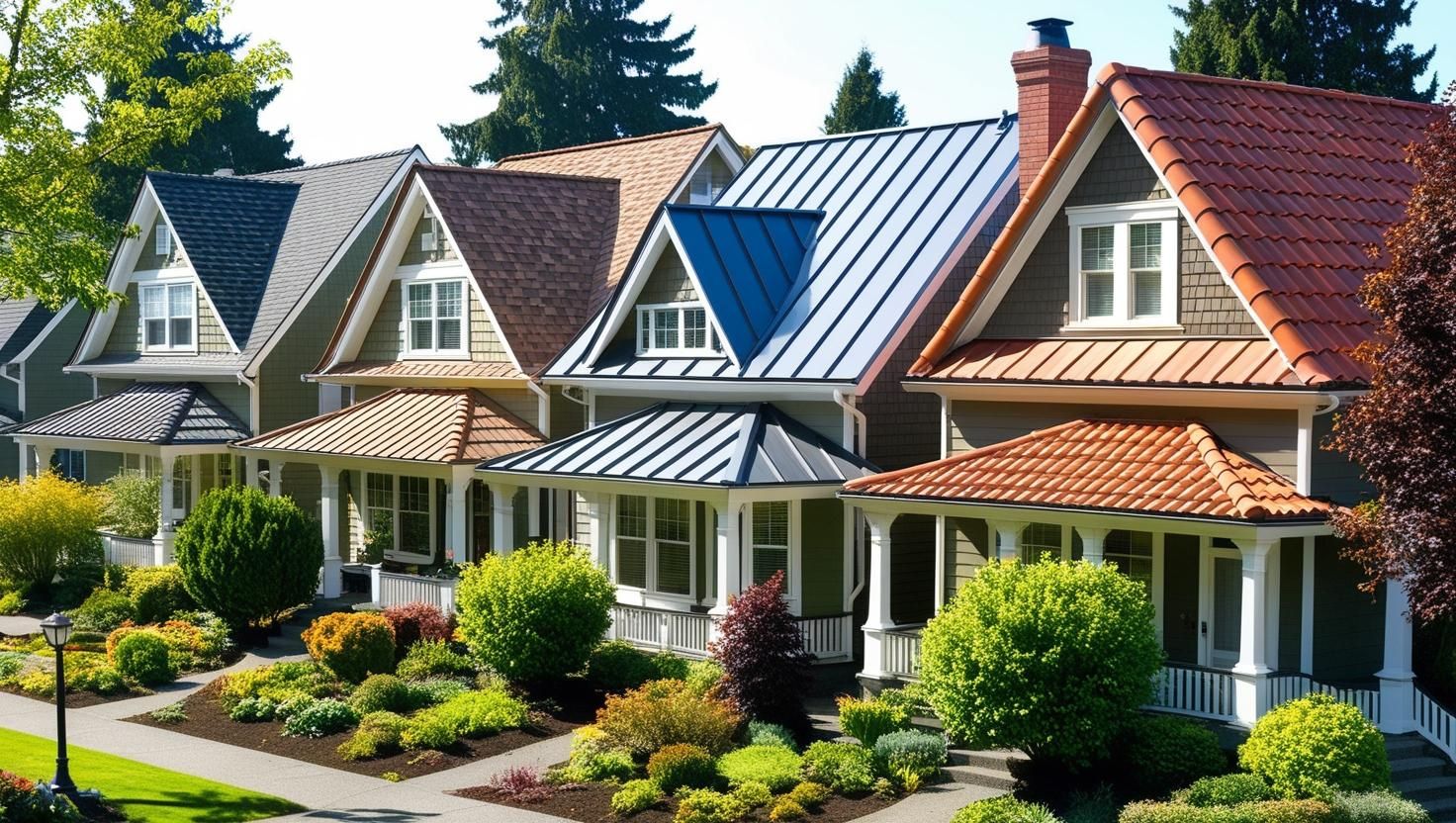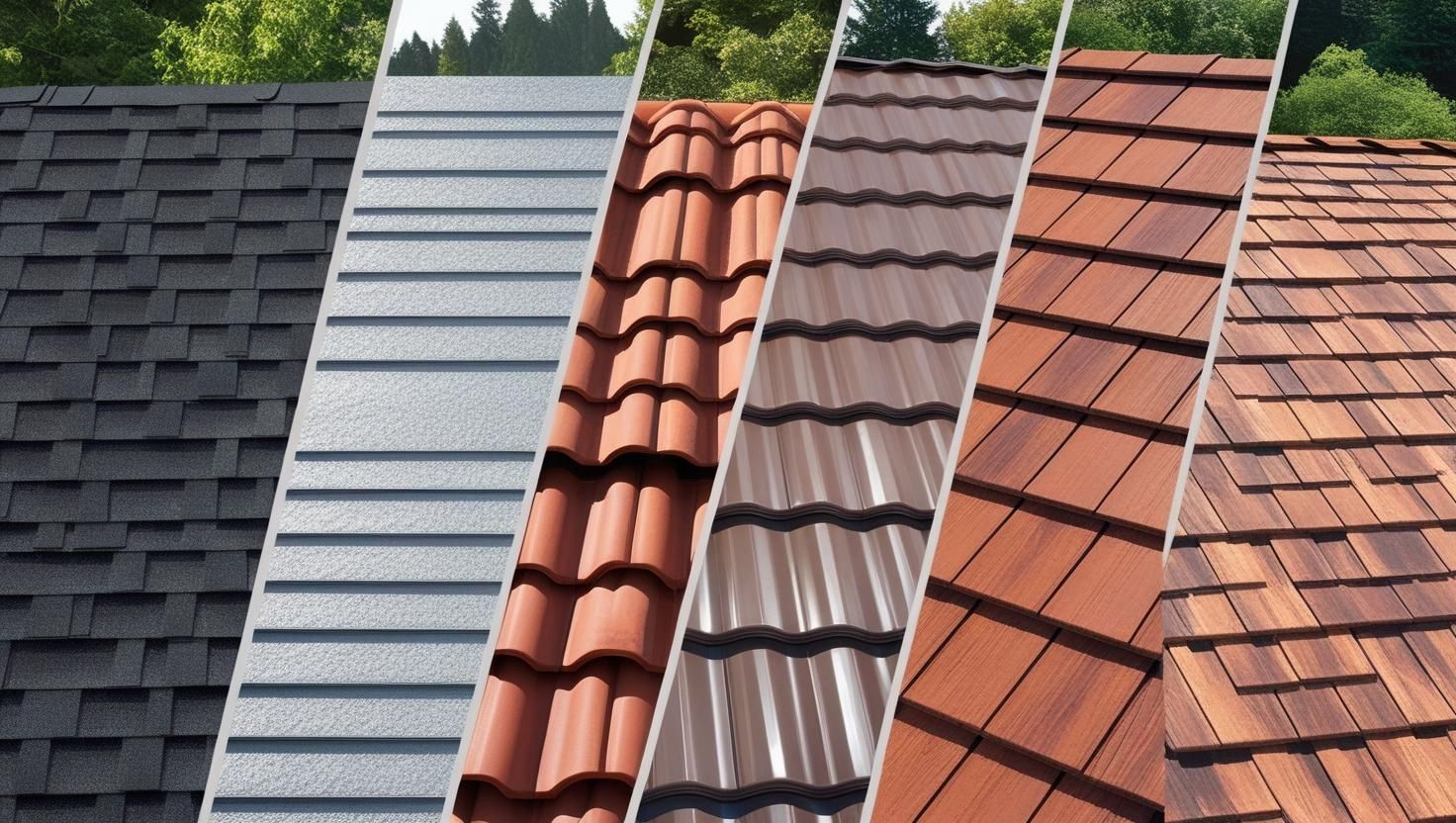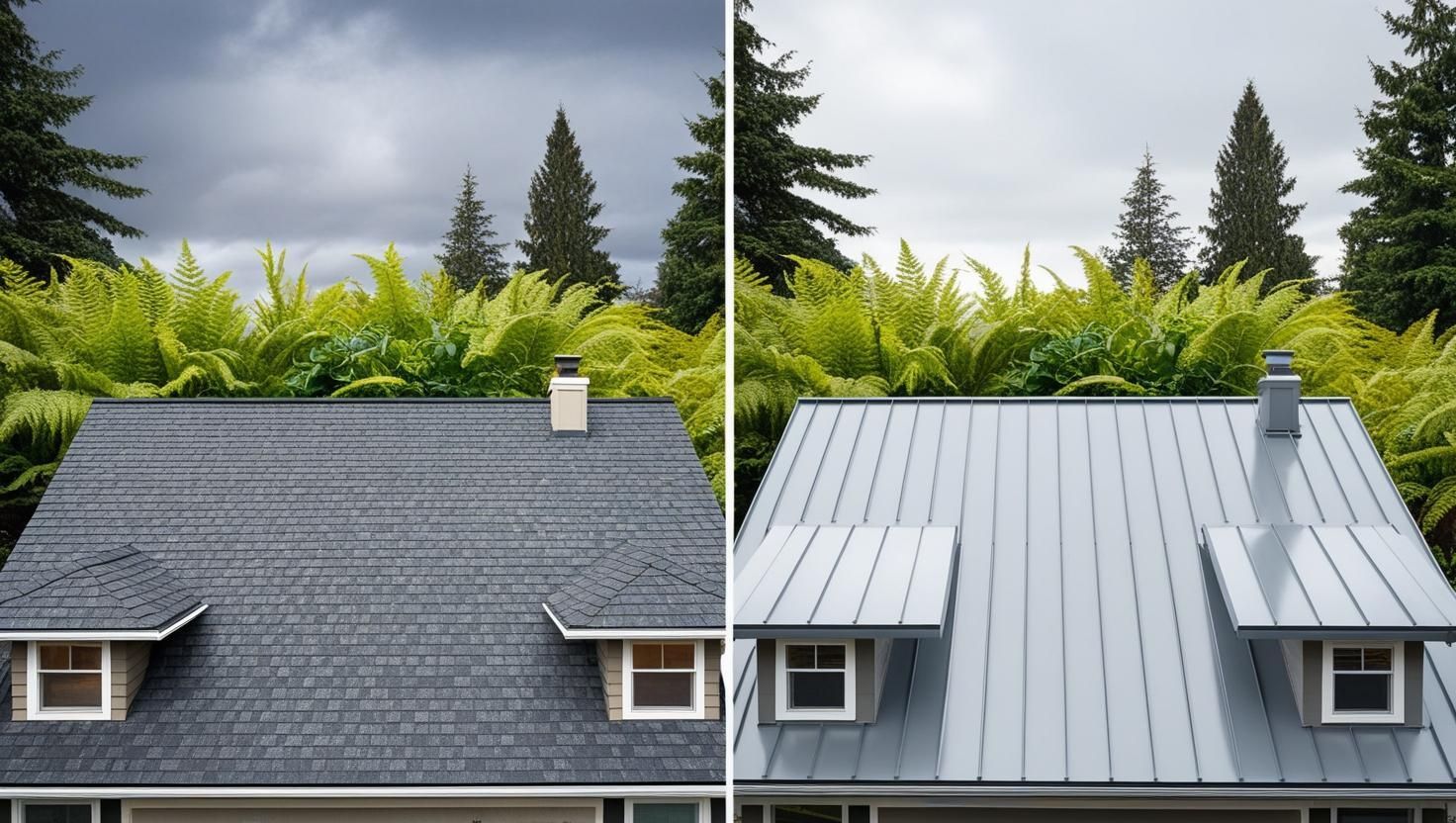What Essential Roofing Warranties to Consider When Hiring a Contractor in Eugene, OR?
Understanding Roofing Warranties: What Homeowners Need to Know
Before hiring a licensed roofing contractor, it’s essential to understand what a roof warranty is and how it protects your home and budget.
What is a Roof Warranty?
A roof warranty is a written guarantee from either the roofing company or roofing material manufacturer that covers specific damages or defects for a certain period.
The Two Main Types of Roofing Warranties:
- Manufacturer’s Warranty – Covers defects in the roofing material (asphalt shingles, metal roof, tile, etc.).
- Workmanship Warranty – Covers the roof installation process and ensures the work meets industry standards.
How a Roof Warranty Protects Your Investment
- Ensures roof longevity and performance.
- Provides coverage for water damage, leaks, and defective materials.
- Protects against installation errors from unqualified roofers.
- Saves homeowners thousands in unexpected
roof repair costs.

Types of Roofing Warranties and Their Coverage
Manufacturer’s Warranty
A manufacturer’s warranty covers roofing materials from factory defects or premature wear and tear. Different materials have different coverage lengths:
| Roofing Material | Warranty Duration |
|---|---|
| Asphalt Shingles | 20-50 years |
| Metal Roofing | 40-70 years |
| Slate & Tile Roofing | 50+ years |
| Flat Roof Coatings & Membranes | 10-30 years |
What’s Not Covered?
- Installation errors or poor workmanship.
- Storm damage from hail, wind, or falling trees.
- Neglected maintenance leading to leaks or mold.
Workmanship Warranty
This warranty protects homeowners from installation errors. If a professional roofer makes a mistake, the workmanship warranty ensures they will fix it at no extra cost.
- Coverage typically lasts 5-10 years.
- Covers improper flashing, drainage issues, and leaks.
- Only valid if performed by a licensed roofing contractor.
Extended or Enhanced Roofing Warranties
- Provides added coverage for severe weather, water damage, and roof leaks.
- Helps homeowners financing their roof through a home equity loan.
- Often includes additional
fire safety, durability, and aesthetics coverage.
Warranty Exclusions and Limitations
While roof warranties offer great protection, they don’t cover everything. Here’s what’s usually excluded:
- Natural disasters (tornadoes, earthquakes, hurricanes).
- Mold, mildew, and algae buildup due to lack of maintenance.
- Ice dams caused by poor ventilation.
- Improper modifications (solar panels, skylights, satellite dishes).
How to Prevent Voiding Your Roof Warranty:
Schedule
regular roof inspections.
Keep gutters
free from debris to prevent drainage issues.
Work with
approved roofing contractors for repairs.
Avoid
DIY roofing projects that could lead to
accidents and
injuries.
How to Claim Warranty Coverage When Roof Issues Arise
If you notice
roof damage, leaks, or material defects, follow these steps:
- Inspect Your Roof: Conduct a
roof inspection and document the issue with photos.
- Check Your Warranty Details: Read the
fine print to understand coverage.
- Contact Your Roofing Contractor: If the issue is covered under a
workmanship warranty, your roofer should handle the repairs.
- File an Insurance Claim (If Necessary): If the damage is due to
severe weather, your
home insurance policy may cover repairs.
- Follow Up on the Claim: Stay in touch with your
roofing contractor and the
insurance company to ensure the claim is processed.
Choosing a Roofing Contractor in Eugene, OR with Strong Warranty Support
When hiring a roofing company, make sure they offer strong warranty coverage. Here are key questions to ask:
What warranties do you offer, and how long do they last?
Do you provide both manufacturer and workmanship warranties?
What does the warranty cover, and what are the exclusions?
How do you handle warranty claims?
Will I receive written warranty documentation?
Why Hiring a Local Roofing Contractor Matters
- Familiarity with Oregon building regulations and permits.
- Experience with Pacific Northwest weather conditions (rain, snow, wind).
- Faster response times for
emergency repairs and warranty claims.
The Importance of Roof Maintenance for Keeping Your Warranty Valid
Many warranties require roof maintenance to remain valid. Homeowners should:
✔
Schedule roof inspections twice a year.
✔
Clear gutters to prevent water buildup and ice dam formation.
✔
Check for missing shingles, leaks, and flashing issues.
✔ Hire
professional roof maintenance services to ensure warranty compliance.
Why Choose Multi Contracting LLC for Your Roofing Needs in Eugene?
Fully
licensed roofing contractors in Oregon.
Strong
warranty coverage for materials and workmanship.
Expert installation of
asphalt shingles, metal roofs, tile, and slate.
Transparent
pricing, financing options, and home equity loan guidance.
Free
roof inspections and
emergency roofing services.
Contact Multi Contracting LLC for a Free Roof Warranty Consultation
📞
Call us today for a free roof inspection!
📧
Email us for expert advice on roofing warranties.
🌍
Visit our website to learn more about our roofing services.
📲
Follow us on
Facebook
&
Google for updates and special offers!
🚀
Protect your investment with a trusted roofing warranty—Contact Multi Contracting LLC today!
Roof Warranty FAQs for Eugene Homeowners
What types of warranties should I ask for when hiring a roofing contractor?
Manufacturer’s warranty and workmanship warranty.
Can I transfer my roof warranty if I sell my home?
Some warranties are transferable—check with the roofing contractor.
What voids a roofing warranty?
Improper installation, storm damage, poor maintenance, or unauthorized repairs.
Does my home insurance cover roof repairs even if I have a warranty?
Home insurance typically covers storm damage, while warranties cover defects and workmanship.
How do I ensure my roof warranty remains valid?
Follow maintenance guidelines, schedule inspections, and use approved roofing contractors.


